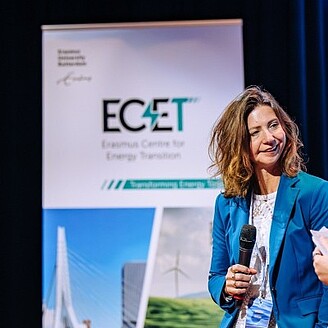This role-play explores issues related to the energy transition and power grid management. After participating in the role-play, students will be able to:
Analyse the complexities in the energy transition and grid management through the competing interests of multiple stakeholders.
Critically assess and diplomatically articulate the trade-offs involved in decision making in sustainability challenges, when stakeholder interests are both competing and interconnected.
Develop strategic planning and problem-solving skills by creating a solution that considers technical, economic, and social issues; balances short- and long-term thinking; and is influenced by negotiation outcomes and the formation of coalitions among stakeholders.
This role-play can be used in pre- and post-experience master’s level courses, as well as executive education. For use with bachelor’s level courses, the instructor should consider more structured preparation for the exercise.
Designed as an inter-disciplinary case, this exercise can be used in both management and law courses:
Management: courses related to (digital) energy transition, business and society, leadership, and public administration.
Law: courses dealing with energy law, public law, administrative law, and environmental law
To a lesser extent, this case is also suitable for students in scientific faculties such as engineering, especially when applied to more social science courses in those programmes.
Energy transition; stakeholder management; crisis management; sustainability; systems thinking; long-term thinking; grid management; grid congestion; electric vehicles; public management; energy law.

This role-play case includes the following:
Teaching Case
Teaching Note (Request via cdc@rsm.nl)
Six sets of confidential role guides (Supplementary item, request via cdc@rsm.nl)
The case is based on published sources. It was written to provide material for class discussion rather than to illustrate either effective or ineffective handling of a management situation. Identifiable information may have been anonymised or altered to protect confidentiality. Fictitious information may have been included and claims may have been exaggerated or simplified from reality to enhance the effect of class discussion. This material was developed with the assistance of AI for presentation and accessibility (formatting of supplementary materials).
Copyright © 2025 RSM Case Development Centre, Erasmus University. No part of this publication may be copied, stored, transmitted, reproduced or distributed in any form or medium whatsoever without the permission of the copyright owner. Please address all correspondence to cdc@rsm.nl

